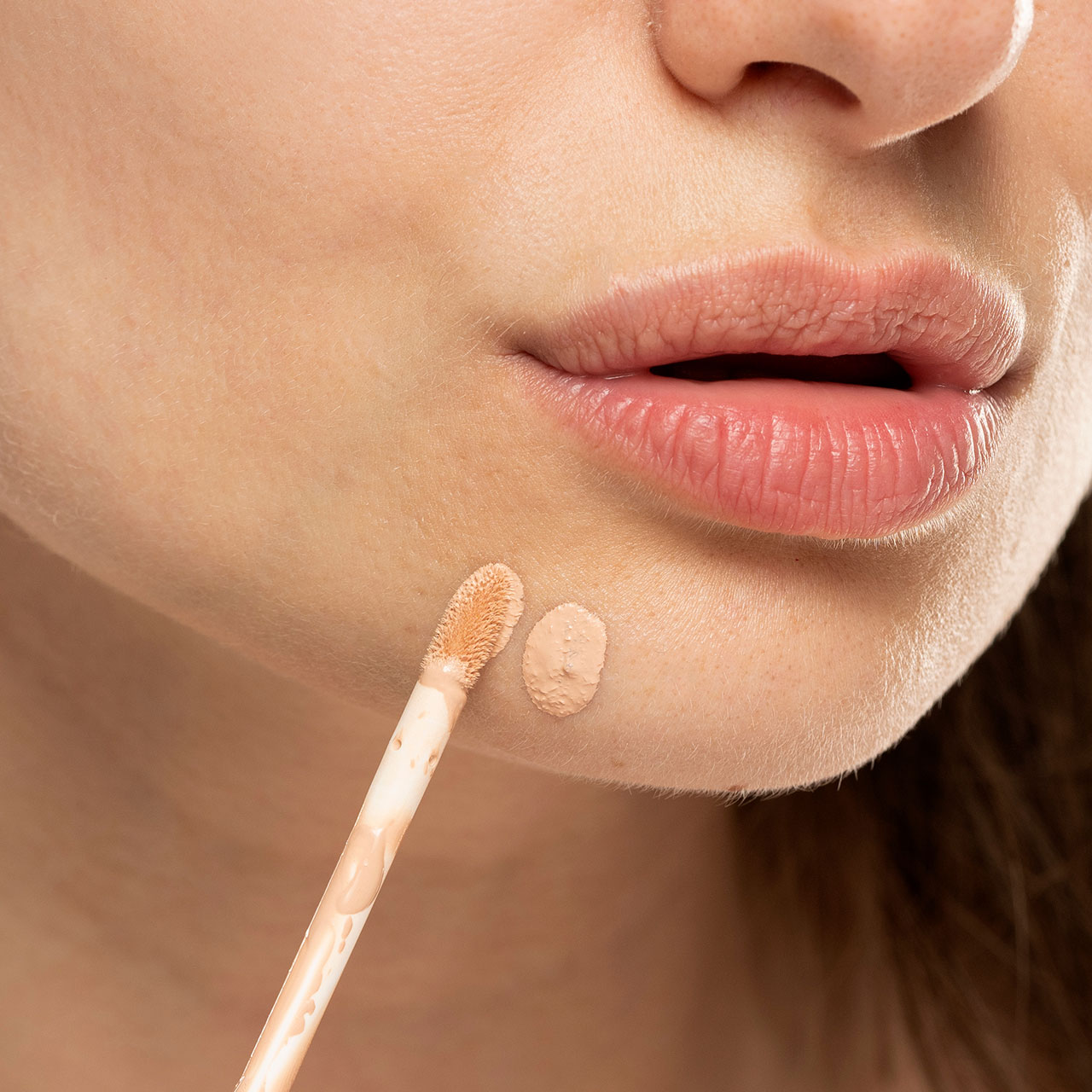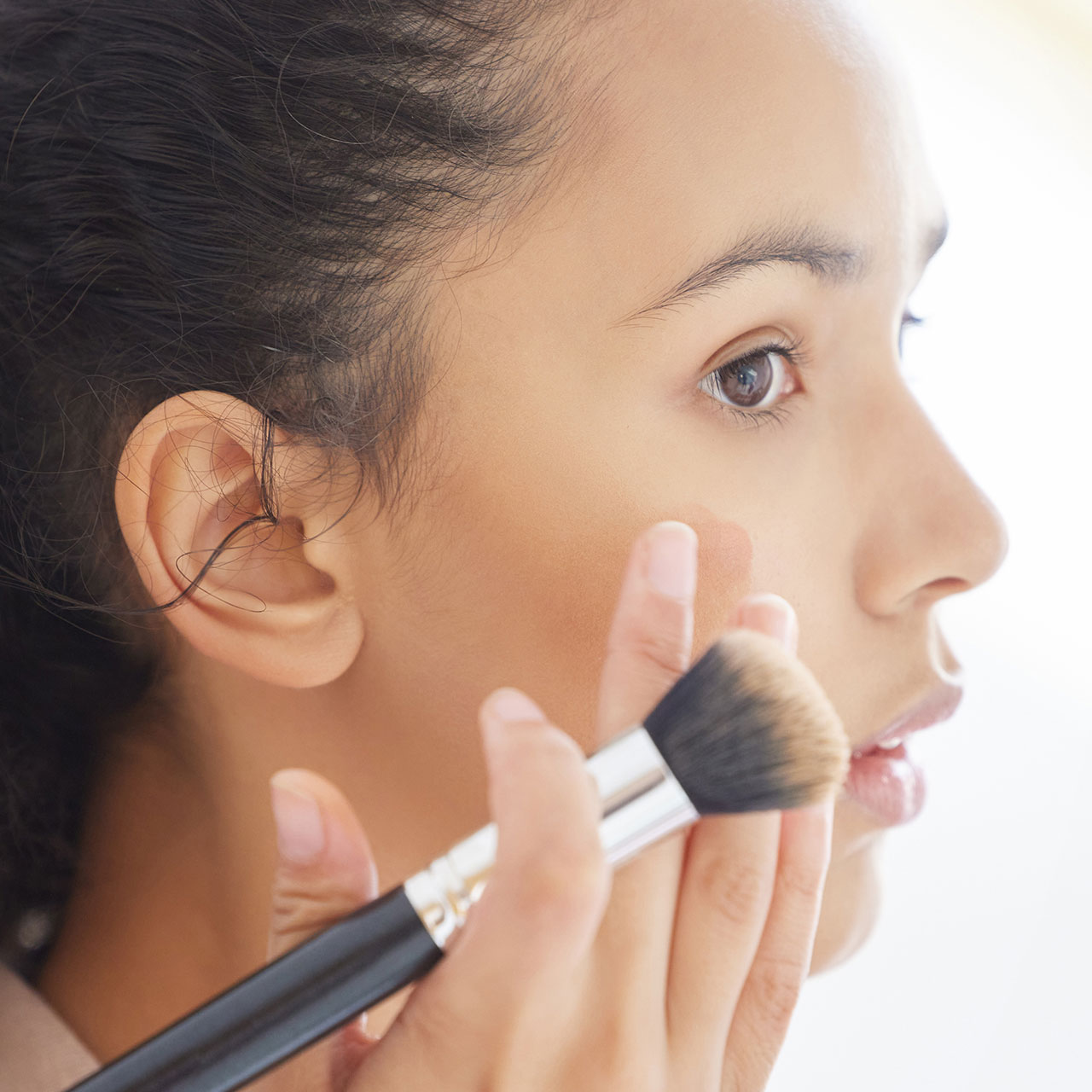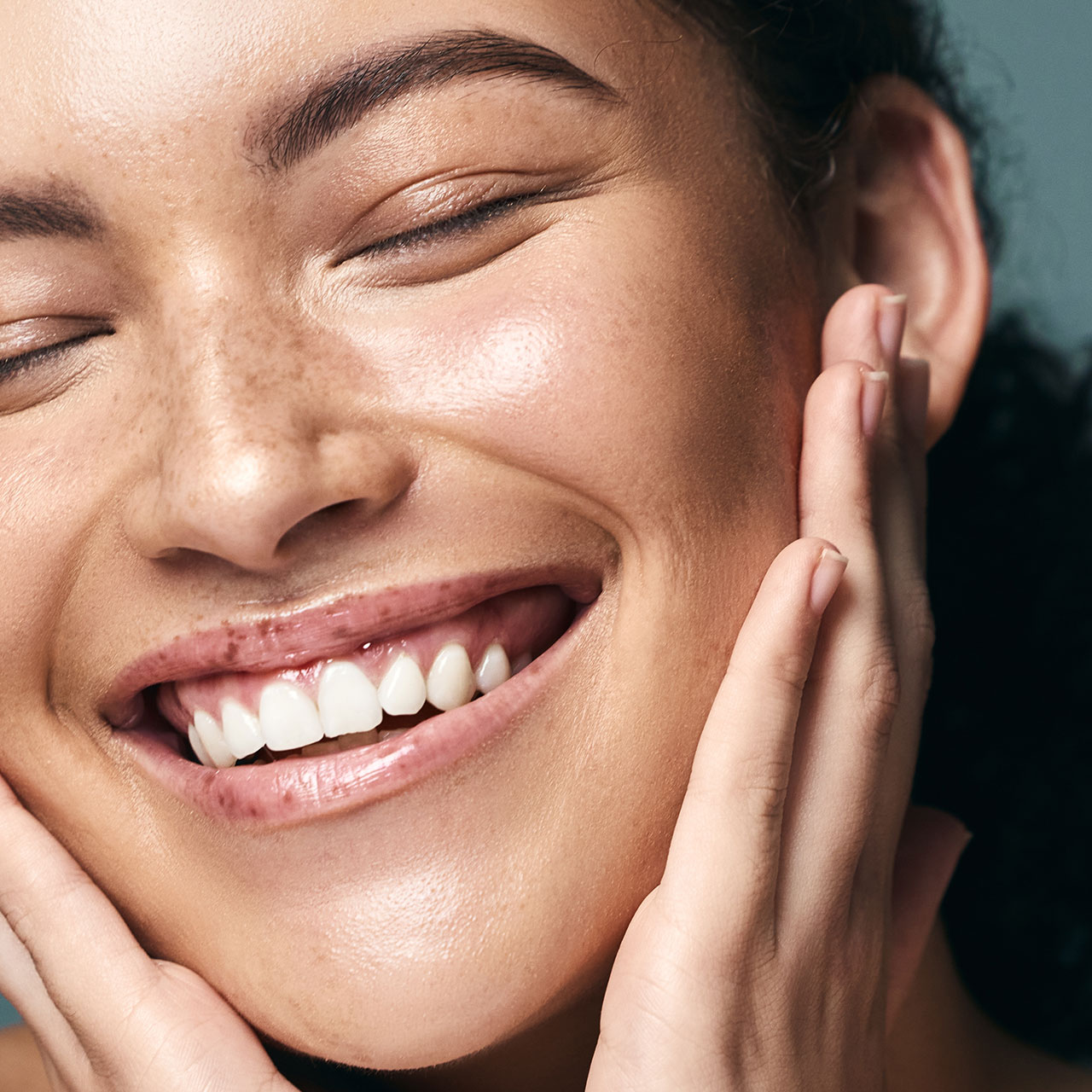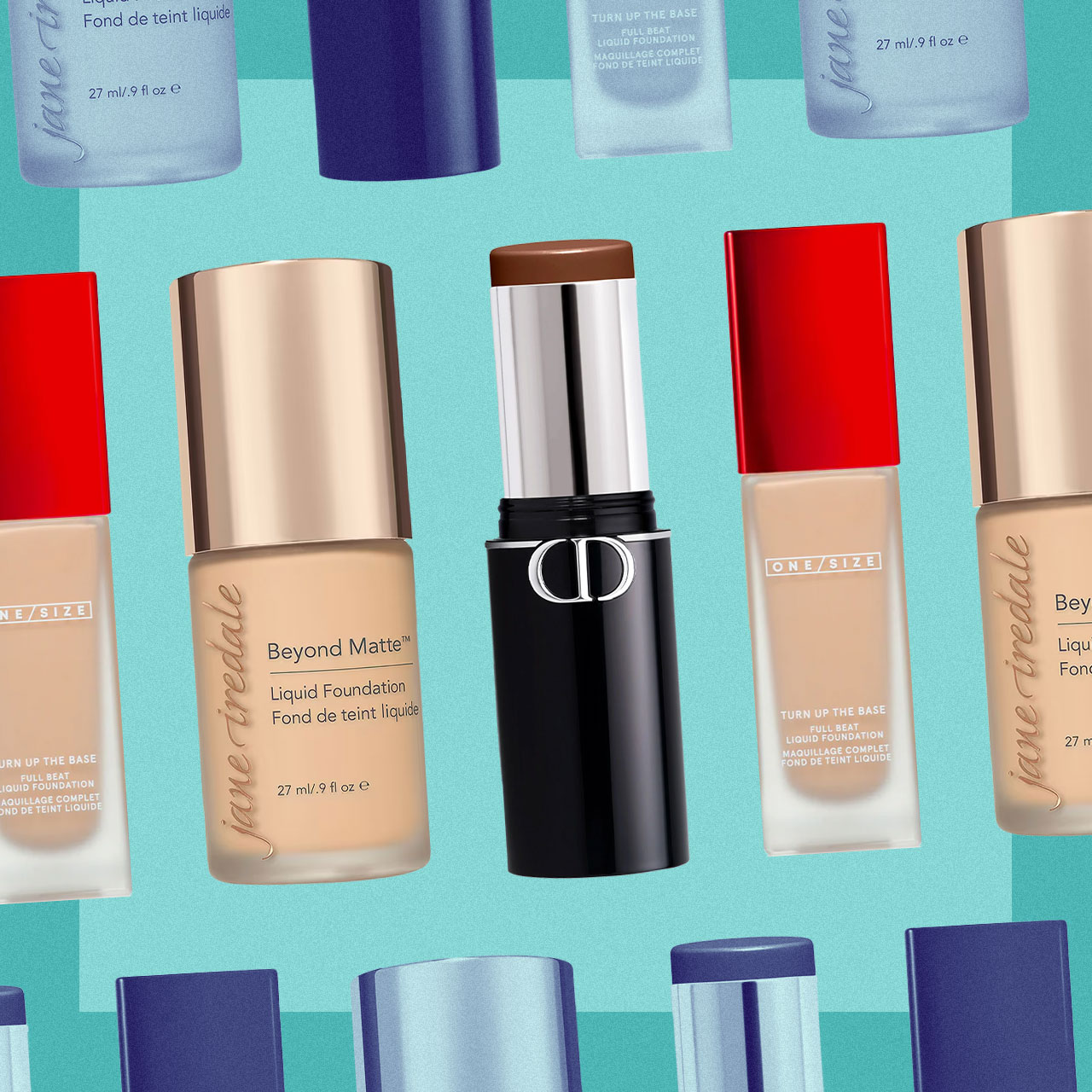There are a few beauty products that have skyrocketed in popularity over the past few years. Among them you’ll find things like eyebrow gels and pencils (who can live without theirs now?), contour makeup kits with darker shades for creating shadows and lighter highlighters, and everything and anything that contains collagen. Whether you’re adding a scoop of collagen powder to your coffee or water or eating a collagen gummy a day to keep the collagen at bay, collagen has been marketed to us as the perfect product to maintain strong hair, skin, and nails, while also promoting good joint health. This marketing message is even stronger if you are in an older demographic, as we know collagen is lost at a more rapid rate after age 40 and these products are said by some to help.
But collagen was always going to bump up against a few problems. The first: its price — which varies wildly depending on the brand of collagen that you choose. The second: its taste. Even flavorless brands of collagen that you can add to existing drinks can sometimes taste a little … off. That’s where collagen gummies come in to save the day. These often affordable bite-size supplements taste pretty much like fruit candy and some of them make spectacular promises, including that they can help with hair regrowth.

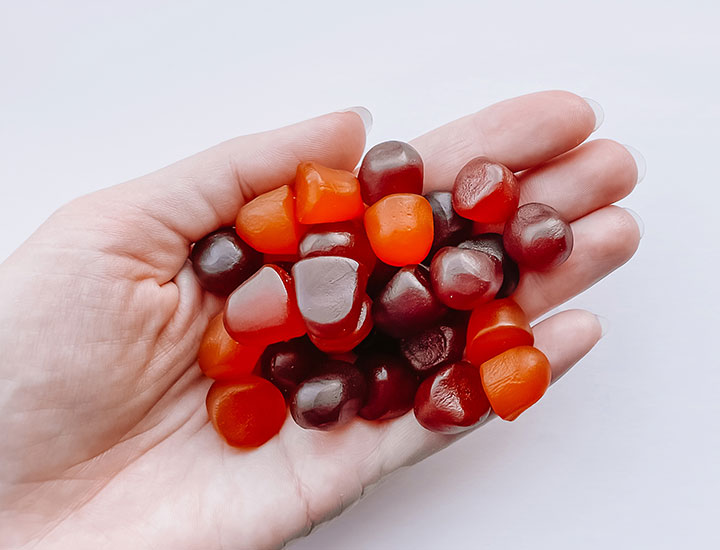
But how realistic is it to expect a delicious gummy to address the root causes of hair shedding? Who better to ask than a doctor who deals on a daily basis with hair thinning and regrowth. Dr. Cameron Rokhsar, MD, FAAD, FAACS at New York Cosmetic Skin & Laser Surgery Center, shares the answer to the question we’ve been asking for awhile now: should you try collagen dummies for hair growth?
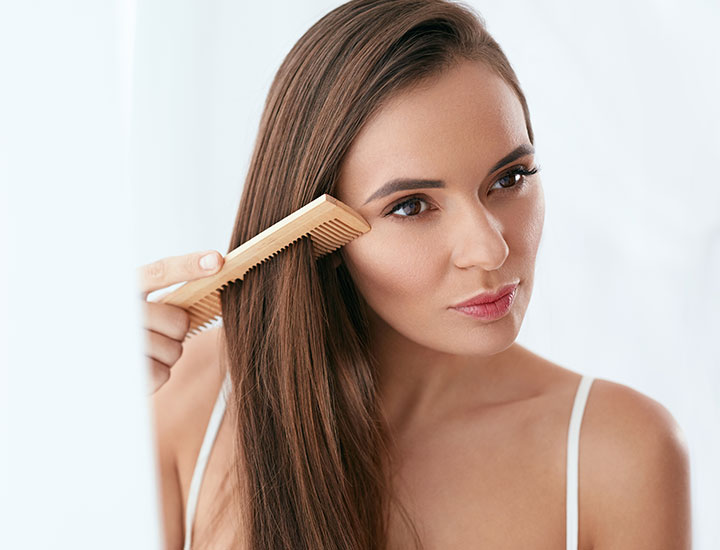
Should you try collagen gummies?
The question isn’t really: should you try collagen gummies. If you’re curious about them, by all means — give them a try. But if you’re putting all of your faith in a collagen gummy to right the wrongs that you see in your hair, particularly if you are experiencing hair shedding and thinning, that’s when things get dicey.
“Collagen supplements, including gummies, are believed to provide a variety of benefits, including promoting hair growth,” Dr. Rokhsar says. “While some studies have suggested that collagen supplements can help with hair growth and thickness, there is currently a lack of conclusive scientific evidence to support these claims.”
Bottom line: Without the backing of numerous studies, few doctors are going to make big claims about any one supplement to help with hair growth.

What should you look for in a hair health gummy for hair growth?
Hair growth gummies alone cannot solve all hair health issues, according to Dr. Rokhsar, who says he recommends searching for supplements with a number of beneficial ingredients. “Vitamin E is known to support a healthy scalp and boost hair growth,” he says. “Biotin is important for energy production and can improve hair health and regrow lost hair. Vitamin D, B complex, and zinc are also essential for hair growth. Keratin is a protein that is crucial for healthy hair growth and should be included in hair health gummies. Selenium and zinc can also protect cells from oxidative stress.”
In other words: it takes a village of nutrients to keep your hair healthy and encourage new growth. Don’t put all your eggs in one gummy supplement basket.
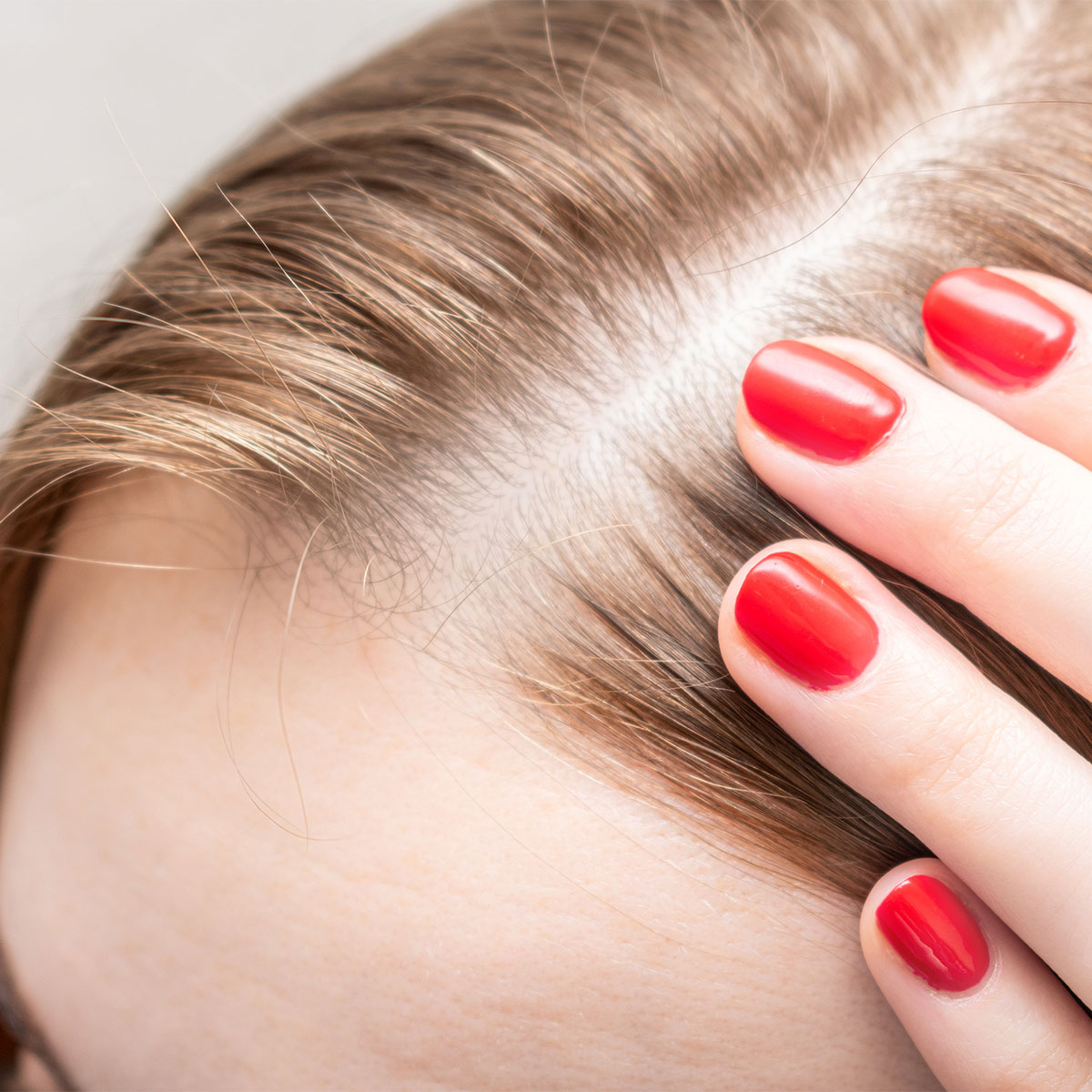
What are the limitation of a collagen gummy?
Once again, health gummies are not a substitute for a healthy diet, Dr. Rokhsar stresses: “While they can provide a convenient and tasty way to supplement your diet with important nutrients like biotin, vitamin C, and keratin, they should not be relied on as the sole source of these nutrients.”
Eating a well-balanced diet with protein, vitamins, and nutrients that come from a variety of protein sources, fruits, and veggies is key.
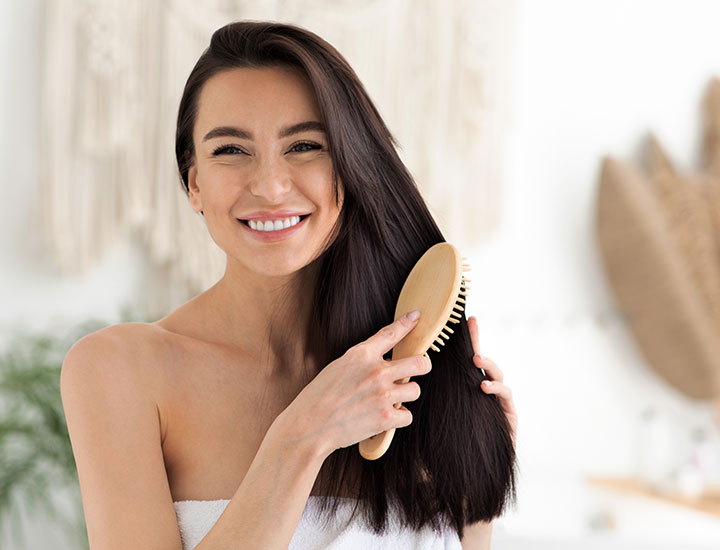
What works best for hair growth?
Even though collagen gummies may not be the most trusted, doctor-approved option for thinning or shedding hair, don’t give up hope. Visiting a board-certified dermatologist is a great first step to help you figure out the specific cause of your hair loss. From there, an expert can help you determine the best plan for you.
“Some of the most effective options include minoxidil, which is available in both topical and oral forms, as well as prescription medications like finasteride,” says Dr. Rokhsar. “It is still important to consume a well-balanced diet that includes a variety of foods that provide essential nutrients for hair growth, such as protein, zinc, and iron.”
And, of course, a supplement, if needed, is rarely a bad thing. Just keep in mind that one collagen gummy can’t do it all.












